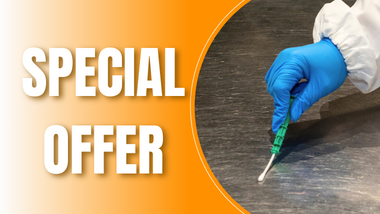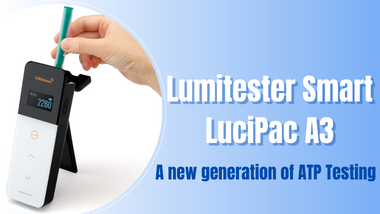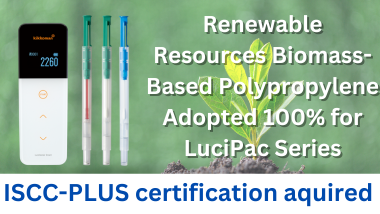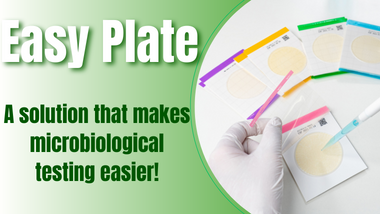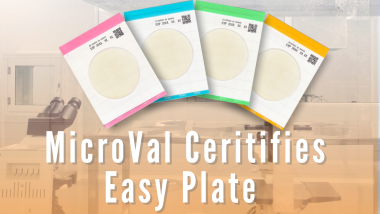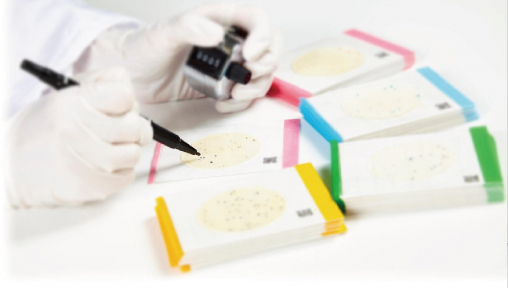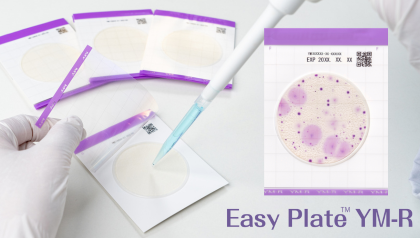
Easy Plate YM-R has presented at the 49th Annual Meeting of The Society for Antibacterial and Antifungal Agents, Japan.
Takeo Suzuki1,Kentaro Takenaka1, Natsuki Okochi1, Mai Shimizu1, Miyu Shiratori2, Yuko Kumeda2, Kosuke Takatori2
(1)Kikkoman Co., Ltd R&D (2) Center for Fungal Consultation, incorporated nonprofit organization)
Abstract
Summary
Easy Plate YM-R performance in 48 hour incubation is equivalent to 5-day incubation with PDA or DRBC. Due to 1mL inoculation Easy Plate YM-R has good growth compared to agar medium which uses the smear method. Zygosaccharomyces spp grow well on Easy Plate YM-R. By using Easy Plate YM-R, which is easy to operate and can measure fungal counts in a shorter time, it is expected to reduce inspection workload and inspection costs in the field of food hygiene and quality control.
Introduction
Potato dextrose agar (PDA) is commonly used in Japan to measure fungal counts in foods, feedstuffs, and Dichloran Rose Bengal Chloramphenicol (DRBC) agar is recommended in ISO 21527-1, but both require 5 days to culture due to complicated smear manipulation. The prepared medium plate “Easy Plate” is a dry type prepared medium which can be used immediately after opening and has features such as superior working efficiency compared with agar medium. In this study, the growth performance assessment of newly developed simple medium Easy Plate YM-R for fungal examination was carried out.
Commercial Food Evaluation
Method
90g of Tween 80 was added to a 10g food sample and after stomaching, the mixture was serially diluted to prepare a sample liquid. After inoculation into each medium and incubation at 25℃, the number of colonies was counted. The number of colonies obtained was converted to a logarithm and the correlation between each culture was calculated.
Results/Discussion
Fungal growth was confirmed in 28 out of 43 food samples. Easy Plate YM-R was confirmed to have higher correlations with correlation coefficients above 0.95 compared to 5-day cultures of PDA and DRBC for both 48 and 72 hours cultures.
Strain Evaluation
Method
Fourteen strains of mold, 5 strains of yeast were tested and evaluated by the same procedure as the food evaluation. The resulting colonies were converted into logarithms, and differences were calculated with PDA as the reference.
Results/Discussion
In Easy Plate YM-R, 12 out of 14 fungal strains were confirmed to develop at 48 hours, and all strains developed at 72 hours.
All five yeast-strains developed at 48 h and showed comparable growth to PDA and DRBC. In particular, growth was predominant in the halotolerant yeasts Zygosaccharomyces rouxii and the xerophilic mold Wallemia sebi.


